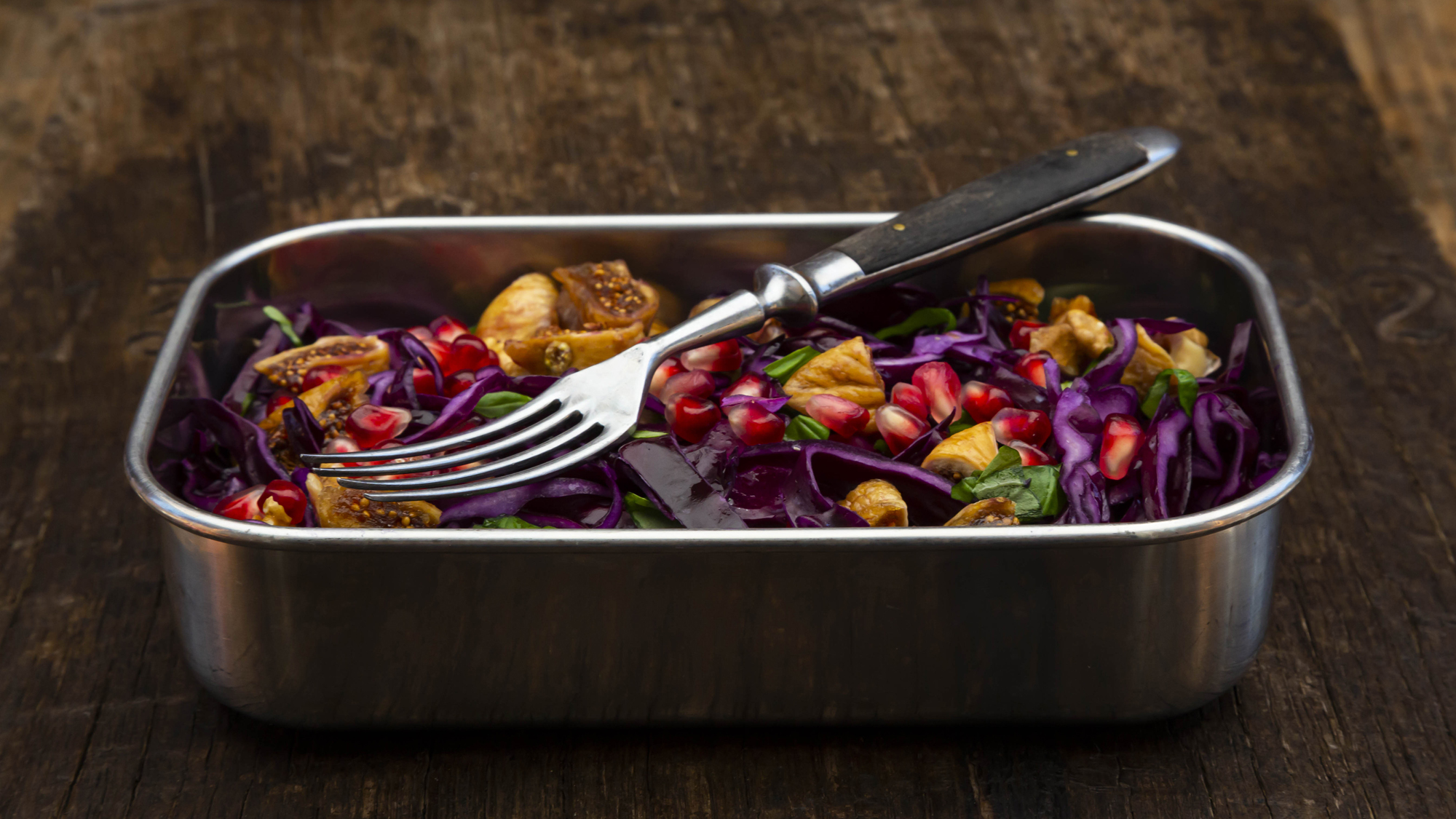How your diet can impact the severity of Covid-19 infection
Followers of a mostly vegan diet were 73% less likely to experience moderate to severe symptoms, according to new research


Start your week with achievable workout ideas, health tips and wellbeing advice in your inbox.
You are now subscribed
Your newsletter sign-up was successful
As we approach the two-year mark since the first COVID-19 infections, most preventative measures advised by authorities and healthcare providers still focus on short-term actions like washing your hands, wearing a mask, and staying home if you show symptoms of the disease.
However, researchers have far more data available to them now than they did at the start of the pandemic, allowing them to establish links between the severity of the virus and general health and fitness. The evidence is starting to suggest learning how to eat healthily may change how you experience the virus.
Most recently, a study published in the BMJ Nutrition, Prevention & Health journal found that a plant-based diet significantly reduces the odds of moderate to severe illness by 73% if you contract COVID-19.
The research, conducted between July and September 2020, involved 2,884 front-line healthcare workers from the UK, US, and Europe. The participants were asked to complete a survey detailing their backgrounds, diets, and exposure to the virus.
During the three months, 568 workers contracted COVID-19, with 138 suffering moderate to severe symptoms and 430 experiencing a very mild to mild case of the coronavirus. The study's authors adjusted the data for a range of factors and were able to identify some interesting trends.

They found that participants who followed a plant-based diet had 73% lower odds of severe COVID-19, while pescatarians, vegetarians who eat fish, were at 53% lower risk of moderate to severe symptoms.
Comparatively, anyone following a 'low carb, high protein diet' - often associated with increased meat consumption - had 48% greater odds of severe illness. While diet seems related to the severity of symptoms, the researchers didn't see any effect on the duration or risk of infection.
Start your week with achievable workout ideas, health tips and wellbeing advice in your inbox.
However, they did note that plant-based diets are usually high in vitamins and other nutrients, which may bolster the immune system. This is in line with earlier research which found a link between COVID-19 and vitamin D deficiency. Similarly, the American Society of Microbiology found people with existing poor gut health tend to get more severe COVID-19.
Fortunately, you can take some of the best vitamins for women over 50 to bolster your intake of essential nutrients in the short term. If you're after a more lasting solution, try switching to a plant-based diet using some of the best vegan cookbooks for manageable, delicious meals.

James is a London-based journalist and Fitness Editor at Fit&Well. He has over five years experience in fitness tech, including time spent as the Buyer’s Guide Editor and Staff Writer at technology publication MakeUseOf. In 2014 he was diagnosed with a chronic health condition, which spurred his interest in health, fitness, and lifestyle management.
In the years since, he has become a devoted meditator, experimented with workout styles and exercises, and used various gadgets to monitor his health. In recent times, James has been absorbed by the intersection between mental health, fitness, sustainability, and environmentalism. When not concerning himself with health and technology, James can be found excitedly checking out each week’s New Music Friday releases.